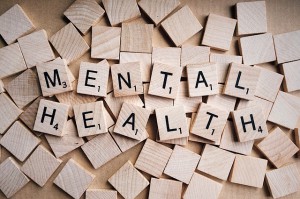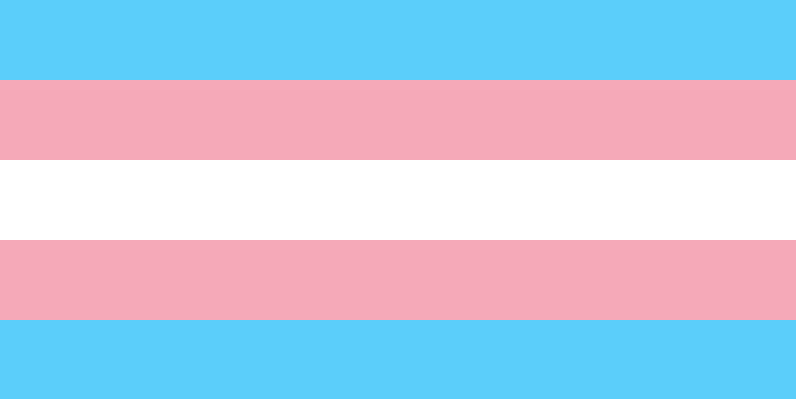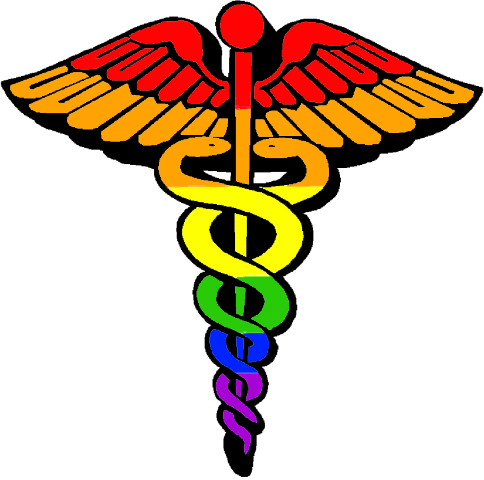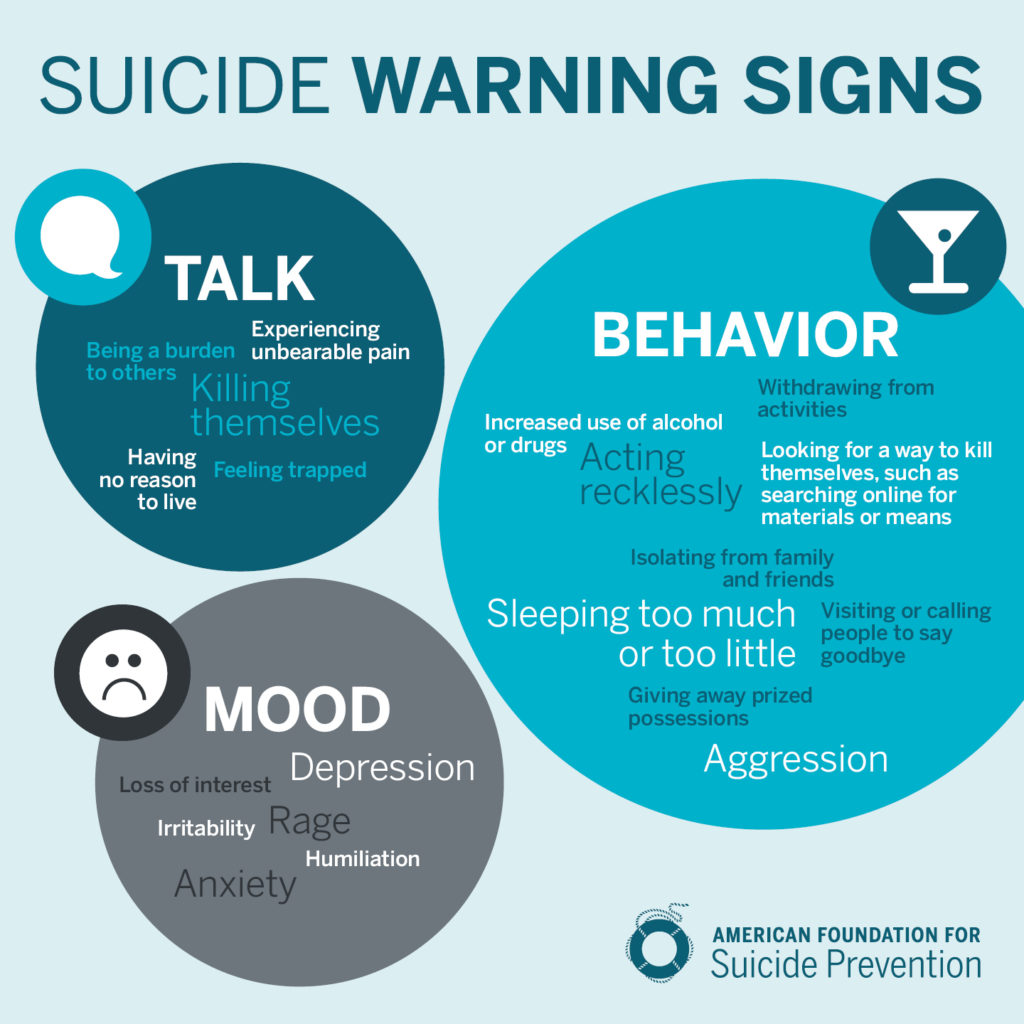Last Updated on February 6, 2020
May has been observed as Mental Health Month since 1949. One in five Americans are affected by a mental health condition in their lifetime—as many as 43.8 million—and everyone is impacted through family or loved ones. A main objective of mental health awareness is to fight the stigma surrounding those living with sometimes serious conditions through education and support and to improve the chance of recovery for those in need.

Everyone has stress and difficult emotions on occasion, and this is completely normal. Mental illness, however, is any condition that makes it difficult to function in daily life. It can affect relationships or job performance, and is caused by any number of complex interactions within the human brain. Mental illness can range from anxiety or mood disorders like depression, psychotic disorders like schizophrenia, eating disorders, or addictive behaviors.
Mental illness is prevalent in homeless populations, with approximately 26% of adults staying in shelters living with serious mental health conditions and an estimated 46% with co-occurring severe mental illness and/or chronic substance abuse. One in five state prisoners have a recent history of mental illness. Mental health is a major concern for LGBT individuals often dealing with physical or emotional abuse, body dysmorphia, or feeling unsafe at school or work. Mood disorders such as depression or bipolar disorder are the third most common cause of hospitalizations in the U.S. across ages 18-44. Serious mental illness costs America $193.2 billion in lost earnings per year.
The new healthcare law awaiting a vote in the U.S. Senate after passing through the House of Representatives removes a regulation forbidding insurance companies from excluding coverage of pre-existing conditions. The passage of the amended American Health Care Act (AHCA) could leave Americans with mental disorders (including anxiety, depression, obsessive compulsive disorder, schizophrenia, and bipolar disorder) without insurance or access to affordable care.
In a previous blog post, we outlined the resources available for major depression, including our Diagnosis Information Pages. There are twelve different conditions under the Mental Health heading including depression, obsessive-compulsive disorder, and schizophrenia. We have information for over 3000 free, low-cost, or sliding-scale clinics throughout the country that offer counseling or mental health services. Search your zip code for clinics that may offer Counseling/Mental Health Services near you, or call our toll-free helpline for information.
We encourage everyone to educate themselves, strive to understand the difficulties people around us live with, and to replace stigma with hope and support. If you or someone you know is suffering from a mental health condition, it is important to know that no one is alone in their struggle. Call for assistance, whether help is needed immediately or long-term.
National Suicide Prevention Lifeline: 1-800-273-TALK (8255)
NeedyMeds Toll-Free Helpline: 1-800-503-6897





